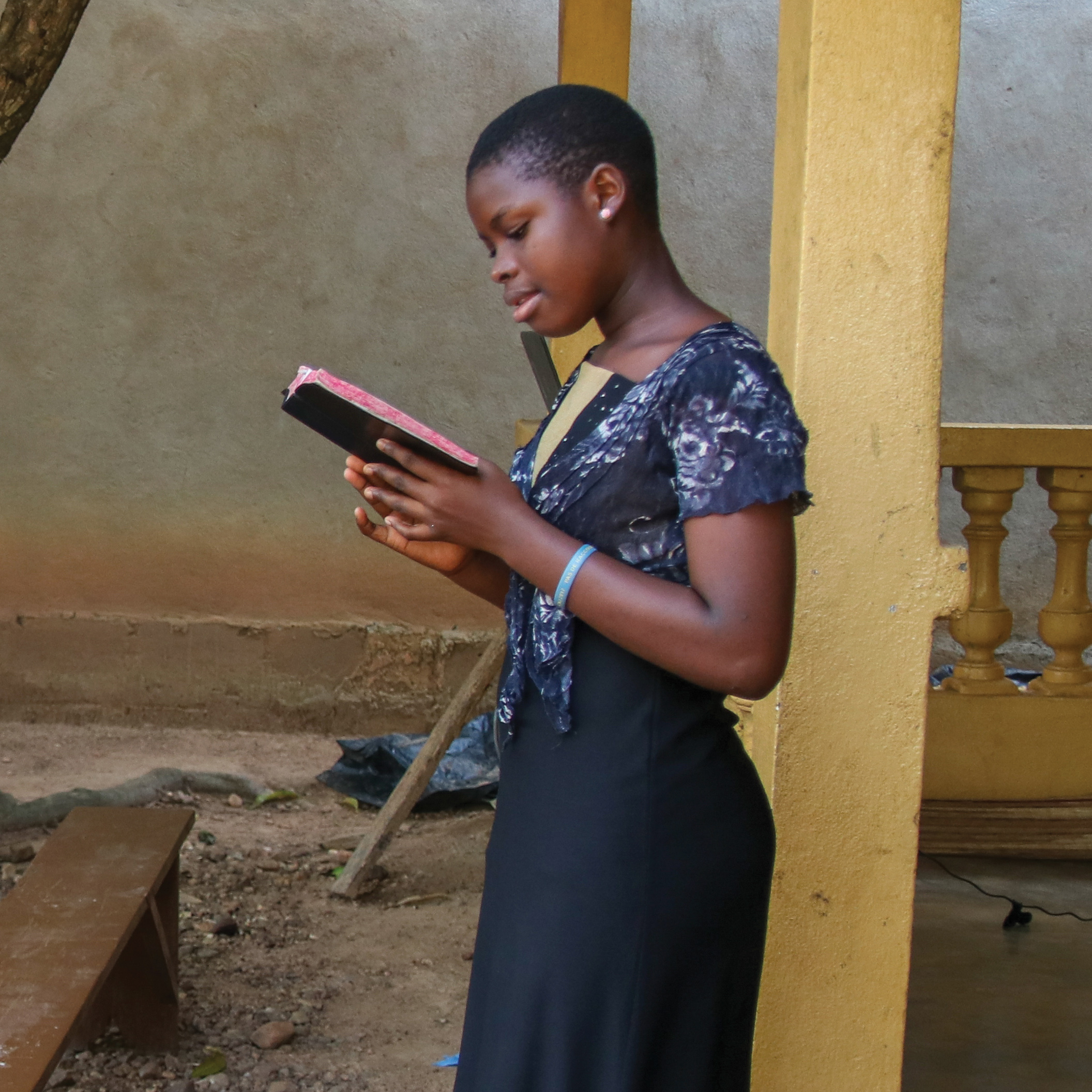“Can we stay another week?”
“I just led someone to Christ for the first time in my life!”
These are just a few of the comments we have heard over the last 30 years of leading missions trips on five continents. In our experience, short-term missions trips have impacted countless lives. Several participants have become long-term missionaries, some have become pastors, while others have started parachurch ministries to reach the same people groups they encountered on their trips.
While some critics argue short-term missions trips are a waste of time and money and create unhealthy dependence on foreign resources, these critics confuse experiential trips with true missions trips. “Spiritual tourism” trips that focus more on experience instead of spiritual growth and ministry impact have been mislabeled as missions trips, causing many to dismiss short-term trips in general.
The truth is, well-planned trips, with spiritually and culturally prepared teams, provide great value to the local ministry served, the participants, and the sending church. Healthy short-term trips can produce long-term impact on the field and transform participants. Consider the following 10 benefits.
1. Sharing the gospel
Effective short-term trips bring the gospel to new communities and encourage participants to be ambassadors for Christ.
Gospel-focused missions trips benefit everyone involved. First, the community not only hears the gospel, but they also see it lived through those who serve. Second, the host ministry benefits from additional servants sharing the gospel and offering encouragement in their community. Third, trip participants receive value by practicing evangelism in a new context, gaining experience and courage in sharing the gospel when they return home. Finally, the participants bless their home churches when they return, prepared and eager to share Christ in their own community.
These blessings can be very personal. I (Paul) watched my daughter trust Christ as Savior on a missions trip as a group of teenagers prepared a Vacation Bible School for a disadvantaged neighborhood. The greatest value of any short-term trip comes when the lost embrace the gospel, but everyone benefits when the gospel is proclaimed.
2. Sharing ministry resources
Short-term trips provide much-needed resources for local ministries to reach their communities.
When the host ministry properly defines the needs for ministering to their community, missions teams can become conduits of resources for the ministry on the field—like the labor provided by trip participants, shared financial resources to cover ministry expenses, financial gifts for ministry hosts, and new, committed prayer partners now exposed to local ministries.
What may seem insignificant to those serving can be a tremendous blessing to the ministry being served. Sharing these resources also blesses the giver, building trust with the ministry and deepening one’s own joy in the act of generosity.
3. Giving encouragement
Short-term trips offer encouragement to missionaries, local ministries, and the local church body.
When trip participants sacrifice time and resources to serve alongside missionaries on the field, missionaries sense the love, respect, and support of those back home. Other local Christians are also stirred to serve alongside them. Such sacrifices provide much-needed encouragement to local believers, which builds a deeper relationship between the local ministry and the team.
I (Jason) had a pastor tell me on one of my trips, “I appreciate when people pray for our ministry, and I really appreciate financial support, but what I appreciate the most is when you and others come and live and serve with us. It encourages the whole church.”
Ministries appreciate prayer and financial support, but there’s no bolder statement of love than going and serving alongside the global church.
4. Developing long-term relationships
Short-term trips create deep, loving relationships that last far longer than the trip.
Relationships are formed between the team and the local ministry being served. Comradery and mutual affection form as a team works together with local believers in ministry—paying dividends for years through future trips and ministry support.
Relationships are also strengthened among trip participants themselves. The team spends more time together on the field than at home, by virtue of living and serving with each other each day. They learn new routines and cultural norms together, instilling unity. Deep friendships are formed as a result.
Relationships are additionally formed between individual participants and members of the local ministry. Participants gain respect for those they see serving and sacrificing for the local ministry. The desire to support the ministry and encourage their new friends drives a connection that lasts beyond the trip and drives the participant to return to the field.
5. Growing spiritually
Short-term trips lead to spiritual growth as participants experience God’s work in and through them.
Missions trips should be as much a spiritual journey as a physical one. As participants surrender to God and are used by Him, they’re drawn closer to Him. They grow in their love for others, creating more zeal for evangelism and a desire to bring glory to Christ. He reveals areas of their lives to be surrendered to Him and opens their hearts to hear the promptings of the Holy Spirit.
There’s an old Chinese proverb: “I heard, and I forgot. I saw, and I remembered. I did it, and I understood.” Missions trips help participants experience God’s transformative work firsthand.
6. Gaining a global perspective
Short-term trips instill a global perspective in participants.
We all see the world through our own cultural lens by default. Missions trips expand participants’ understanding of the global church, motivating them to see people the way God sees them.
This global perspective helps participants understand the needs of the global church and awakens a passion to serve others. It can kickstart language learning and cultural acquisition for those who will go on to serve longe-term. It can also drive them to be humble and more gracious in cross-cultural interactions when they return home.
I (Jason) experienced this firsthand leading a team into a remote village in the Himalayan mountains. When we entered the village, everyone stopped to stare at us. One young man ran across the village and returned with a group of men asking why we had come. After a brief discussion through a translator, we were invited to sit with the village elder and share the message we had brought. As we sipped tea together, I learned I was the first white man to enter this village. That experience expanded my understanding of the “ends of the earth” and ignited a deeper passion for global missions.
7. Developing a burden for people
Short-term trips develop a love and burden for people groups and nations in the participants.
As participants experience life in other communities, they grow in love for them and desire to help. The burden for the people and the ministry they served often lasts beyond the trip.
Some go on to adopt a people group as a focus for ministry. They research the people group and their needs and enlist others in their quest to minister to them. The burden can result in a long-term relationship and multiple future trips to help serve a given community.
I (Paul) recall watching with joy as a teenager in my youth ministry took a short-term trip to Africa. She fell in love with the people, came home, finished school, and immediately applied for a one-year mission program. Her short-term plans soon became a full-time role in West Africa. She’s now a valued, long-term member of a high-functioning missions team in that country.
Having one’s eyes opened to new people groups leads to seeing all people differently.
Participants return home with the new perspective and are unleashed to influence their own community—especially if those communities contain members of the same people group they served abroad. The people in their community reap the benefits of their new passion.
8. Clarifying a call
Short-term trips can clarify God’s call on the life of the participant.
Many long-term missionaries begin their missions career on a short-term trip. Serving in a different context moves participants out of their comfort zones and routines. Removing distractions from their lives heightens their awareness of the promptings of the Holy Spirit, helping them more easily understand the Spirit’s direction. God develops a desire to participate in His global work in those He is calling to serve in a special way.
Sometimes, this ends up affirming a call to serve in missions in a formal role. God may call the participant to relocate and serve long-term, or He may be prompting them to develop a ministry within their home church. Either way, serving on the missions field is a gateway for deeper ministry involvement and discernment of God’s will for one’s life.
9. Igniting a passion
Short-term trips ignite a passion for global ministry and missions that can multiply beyond the participants.
As God works through participants on the trip, they experience a closeness with God that is easily hampered by daily routines. When the participants leave their busy schedules and normal environments, they are free to focus on God—and God takes advantage of this attention to produce more surrendered lives for his glory.
When we’re out of our comfort zones and surrendered to God’s using us as He desires, we begin to truly understand the value of a Christ-centered life. This realization will ignite a passion within the participant that endures even when the trip is over.
Participants return home with this new passion for Christ, driving them to more service in their own community and motivating those who observe their lives. One impacted life can multiply into a missions movement within the church as others become more involved in serving Christ, resulting in more people desiring to go on the next missions trip.
10. Impacting community
Short-term trips impact the community served and the home communities of the trip participants.
The community served on the trip directly benefits from the service and resources provided by the ministry and the team. They also receive intangible benefits in terms of the love and sacrifice exemplified in the global church community—and especially as the gospel is proclaimed to the lost.
The sending church’s community also benefits.
When the participants return to their church with a passion for serving Christ, their local community becomes their mission field. They begin serving their community and leading others in their church to serve. The church becomes a greater lighthouse in the community, and the community benefits from the new desire to reach out on behalf of Christ.
Conclusion
These ten benefits merely scratch the surface of the value of short-term missions trips. Short-term trips provide an enormous gateway to long-term impact on many lives. One trip of culturally and spiritually prepared participants can ignite a missions movement among a body of believers, mobilize future missionaries, and launch long-term ministries around the globe.
We’ve both seen the impact these types of trips have on participants and the church. We’re convinced that one of the best ways to disciple a fellow believer is to encourage them “go and make disciples of all nations” (Matthew 28:19).
We encourage you to plan a short-term missions trip for your church. Visit ABWE’s Launch Point ministry at www.launchpointmissions.org to begin planning your next missions trip.
Editor’s Note: This article was originally published by Focus on the Family on March 15, 2023. Used with permission.

Ready to launch into missions? Whether you want to find your first missions trip or you’re a missions veteran, there are countless ways to reach others with the gospel through a transformative Launch Point trip. You can use your unique skills, talents, and training to help reach the unreached and serve the global church.




